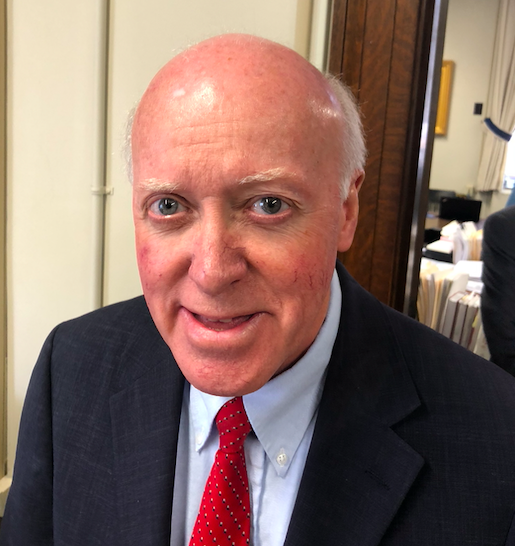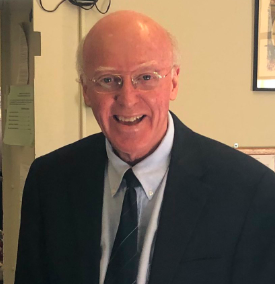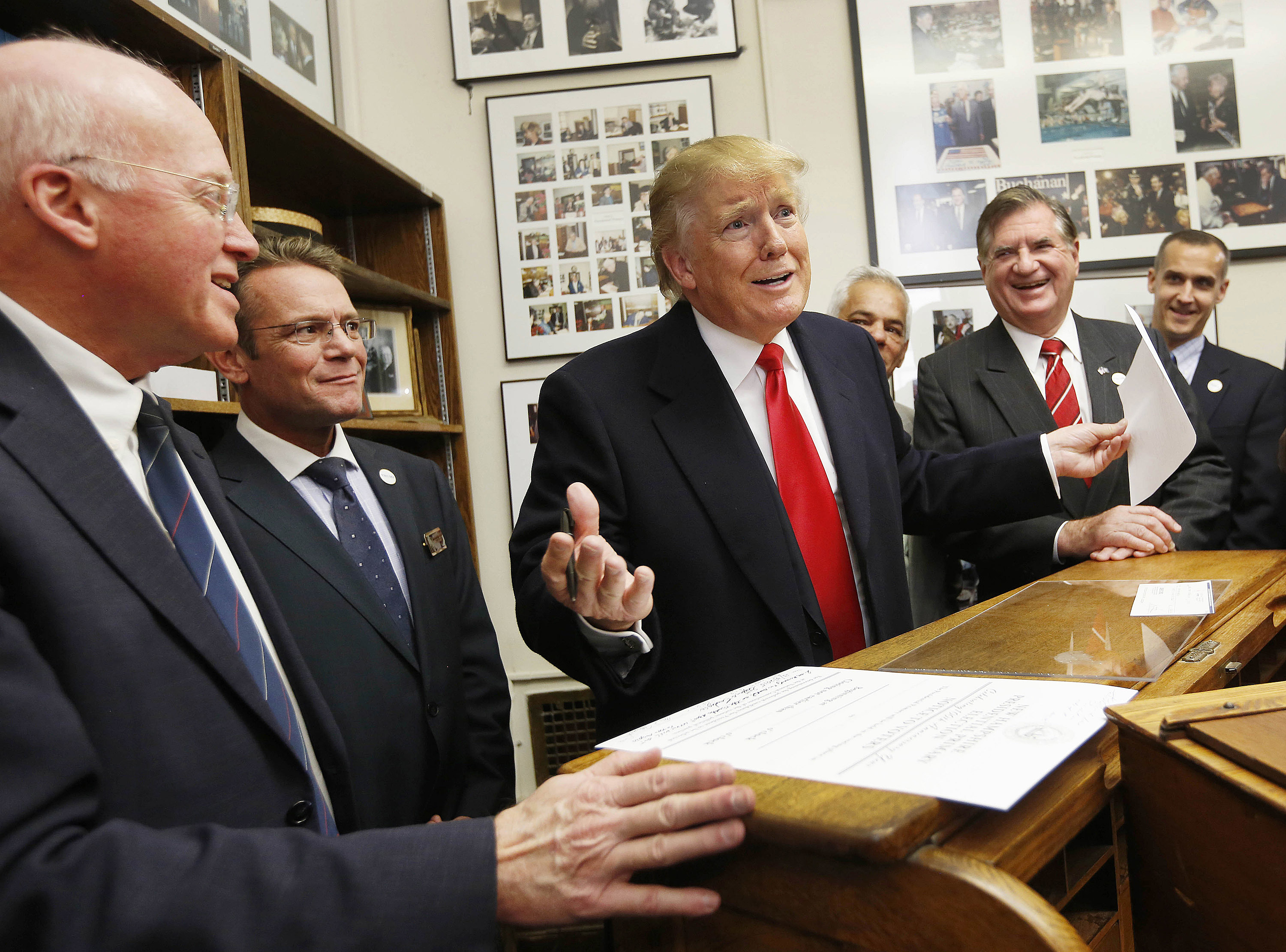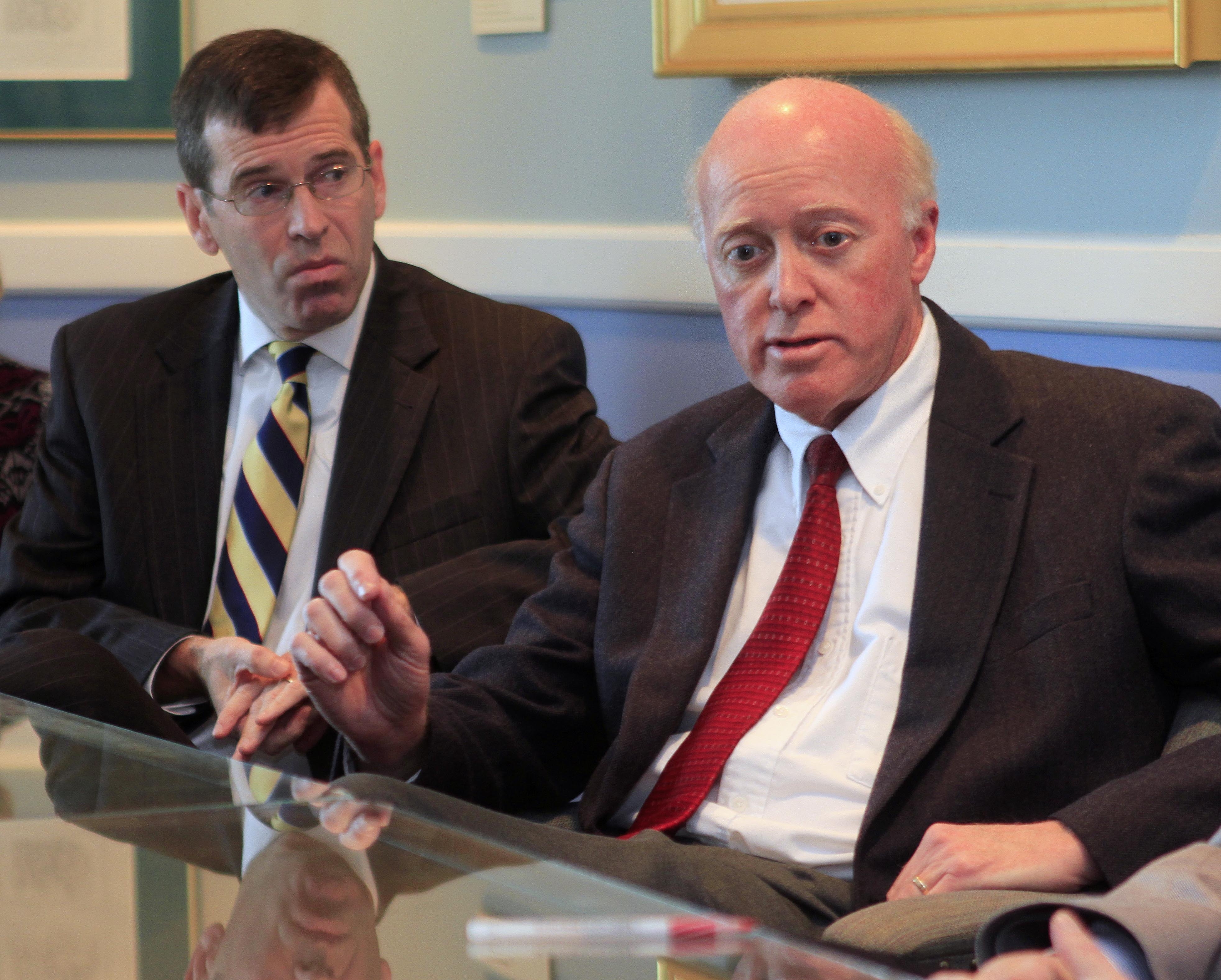Gardner Blasts Hassan Over Fed Election Takeover: ‘This Will Hurt Turnout’

New Hampshire’s top election official says Sen. Maggie Hassan has never spoken to him about the federal voting rights law she’s backing, or its impact on Granite State elections. And, Secretary of State Bill Gardner says, that impact won’t be good.
“This will hurt turnout,” he told NHJournal Tuesday.
Last week, Hassan made national news when she took to the Senate floor to announce she was abandoning her support for the filibuster in order to pass the “Freedom to Vote” Act. The bill would impose federal mandates on all 50 states regarding early voting, voter registration rules, voter ID, and taxpayer-funded campaign ads. Federal power over local election laws is needed, Hassan said, because of “partisans who are attacking our democracy.”
Unless the federal government intervenes, Election Day in New Hampshire would be very different, Hassan warned.
“We’ll wake up, cast our vote, drop our kids at school, go to work. We’ll tune back in at the end of the day to see the election results – only to learn that the vote tally is being ignored, that our votes don’t matter much. We’ll learn that our legislatures are going to throw out the results and pick their own winner. We’ll see an election day that is a charade – just like in countries where democracy doesn’t exist.”
Hassan followed up her floor speech with a WMUR interview: “If we can’t protect the wonderful elections that we have in New Hampshire, then we are all faced with a slide toward authoritarianism,” Hassan said.
Gardner rejected Hassan’s conspiracy theories and argued the real danger to the Granite State election process is federal intervention like the law Hassan is backing.
“Look back at history, going back to FECA [Federal Election Campaign Act of 1971], the NVRA [1993 National Voter Registration Act], or the Help America Vote Act. Every time the federal government has stepped in to take over more of the election process, they tell us it will increase voter turnout,” Gardner said. “But the results are very different.”
Gardner says New Hampshire has largely avoided most of the requirements of those federal laws, finding workarounds like same-day registration. Other states like California and Colorado have embraced the federal policies, including widespread mail-in voting.
“Look at the results. We have a higher turnout rate,” Gardner said.
In 2020, New Hampshire had the sixth-highest turnout rate of its voting-eligible population (78.3 percent), well above Colorado (71.3 percent) and California (69.4 percent). The Granite State has consistently had among the highest turnout rates in the country for decades.
“They keep saying these new rules will lead to more voting, but that’s not the record if you look at the facts,” Gardner said.
“If you cheapen the value of voting, and you have people losing faith in the process, you’ll lose people on Election Day. That’s what’s been happening in other states.”
Asked if he explained that to Hassan when she called him to discuss the legislation and her position, Gardner told NHJournal his fellow Democrat has never spoken to him about New Hampshire’s election laws or procedures.
“Not even when she was governor, I don’t think,” Gardner said.
Hassan has declined repeated requests for comment. Asked to name the people in New Hampshire she believes are threatening the state with “authoritarianism” or illegally overturned elections, her office declined to respond.
She does have the support of Granite State Democrats, however. They agree with her view that Granite State elections are under local threat.
“Proposals to undermine our free and fair elections and make it harder to vote are here in the New Hampshire legislature and across the country because of unfounded right-wing conspiracy theories intended to sow division and discord,” Deputy House Democratic Leader and Ranking Democrat on the House Election Law Committee, state Rep. David Cote (D-Nashua) said in a statement. “As a caucus, we thank Senator Maggie Hassan for her commitment to defending Granite Staters’ right to cast their ballot, regardless of for whom they cast it.”
Not surprisingly, Republicans took a different view of Hassan’s actions.
“We may never see such a brazen, self-serving flip-flop ever again,” said NRSC spokesman T.W. Arrighi. “Maggie Hassan has gone back on her word and surrendered the fate of New Hampshire’s First-In-The-Nation primary to her buddy Chuck Schumer. What’s most concerning is it appears she surrendered her state’s federal election control to win liberal praise from the radical base she hopes will fund her campaign.”
Gardner, who has repeatedly warned expanding federal control of elections will endanger the state’s First In The Nation primary, is unwilling to attack his fellow Democrat so directly. But, he says, the fallacy of her approach is obvious if you just do some basic math.
“New Hampshire has two members of Congress. States like California, New York, and Texas have far more. If we let Congress make our local election rules, which states are going to decide what the rules are?” Gardner asked.
“California’s not going to get New Hampshire’s election system. We’re going to get stuck with theirs.”






